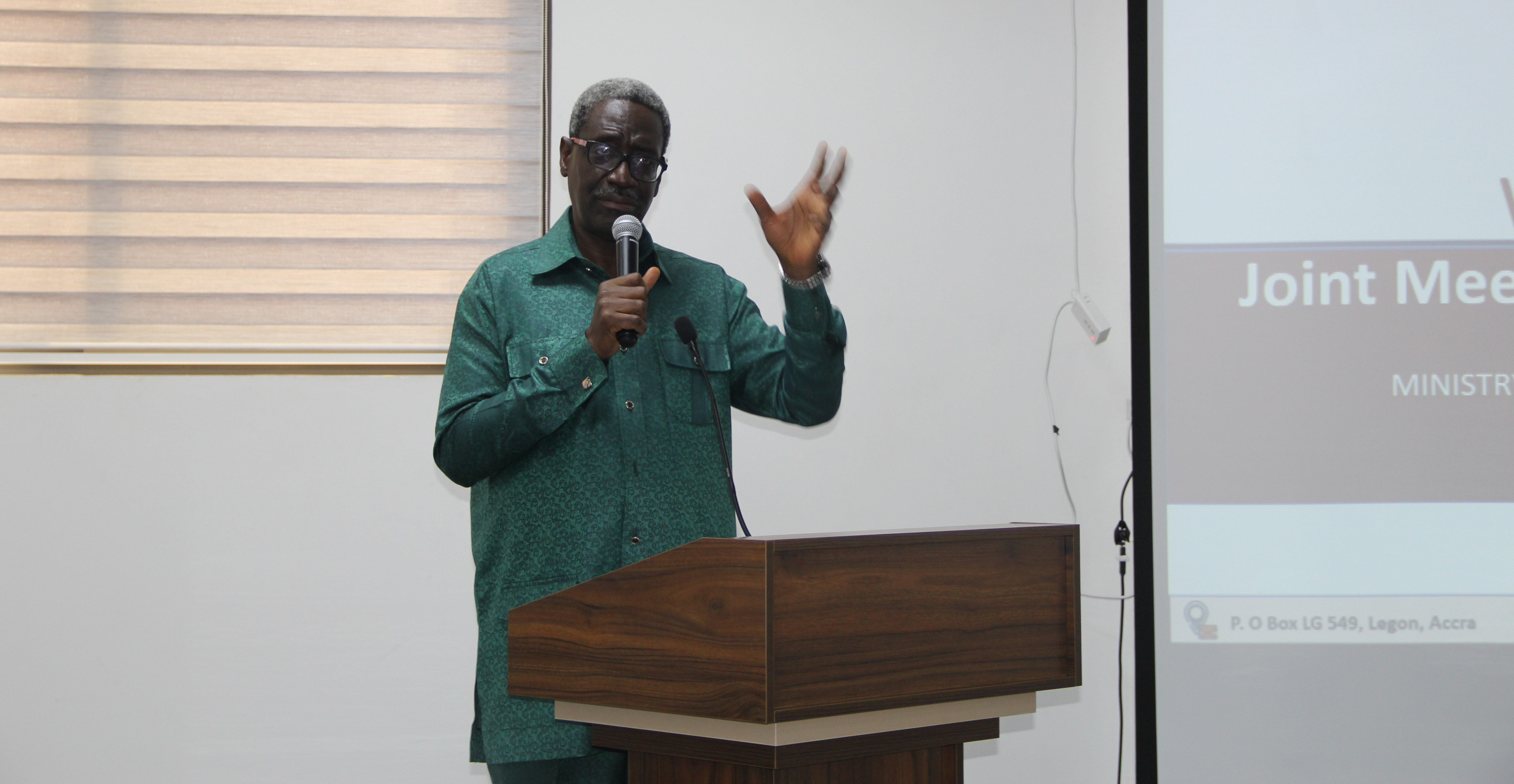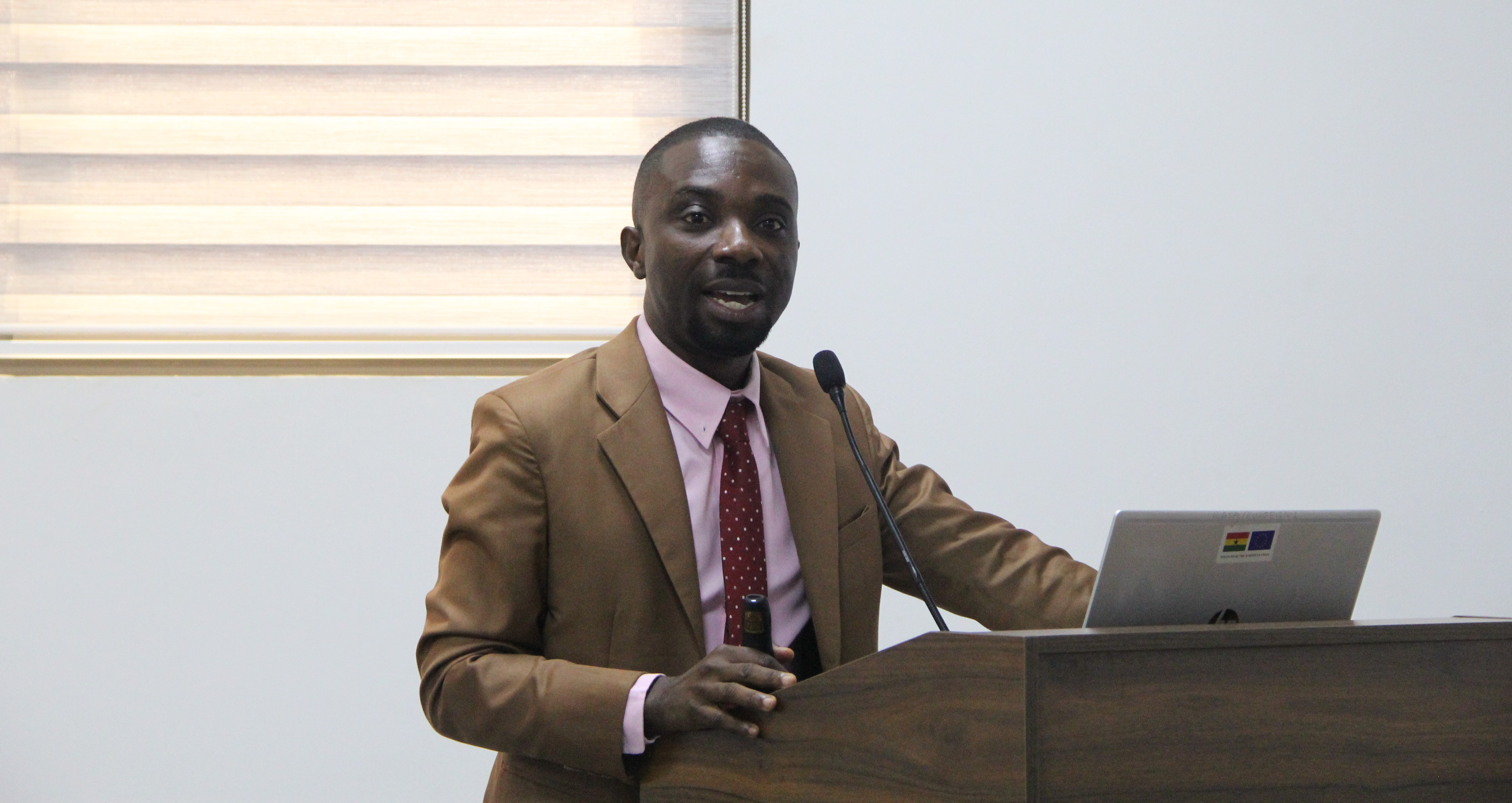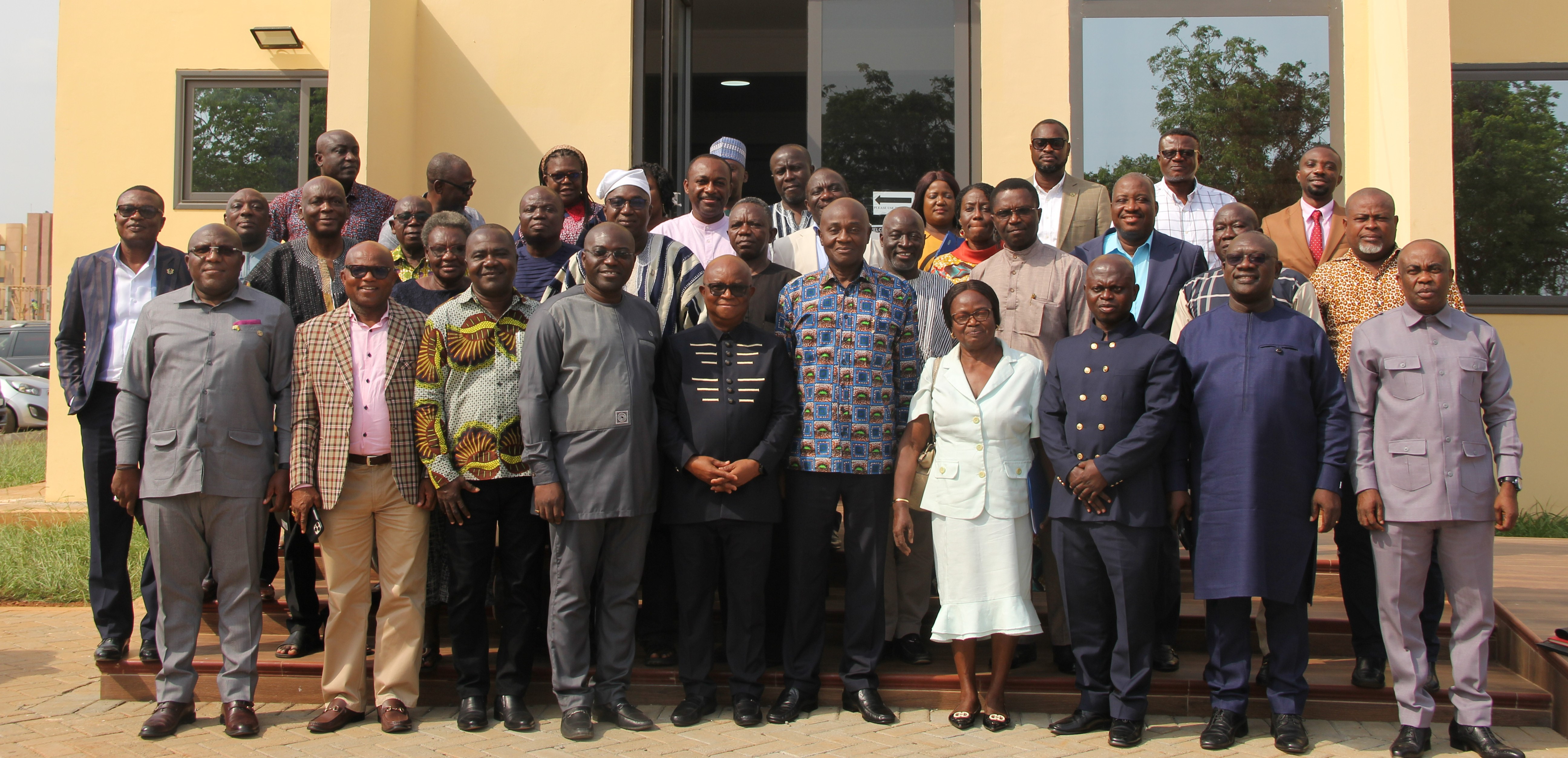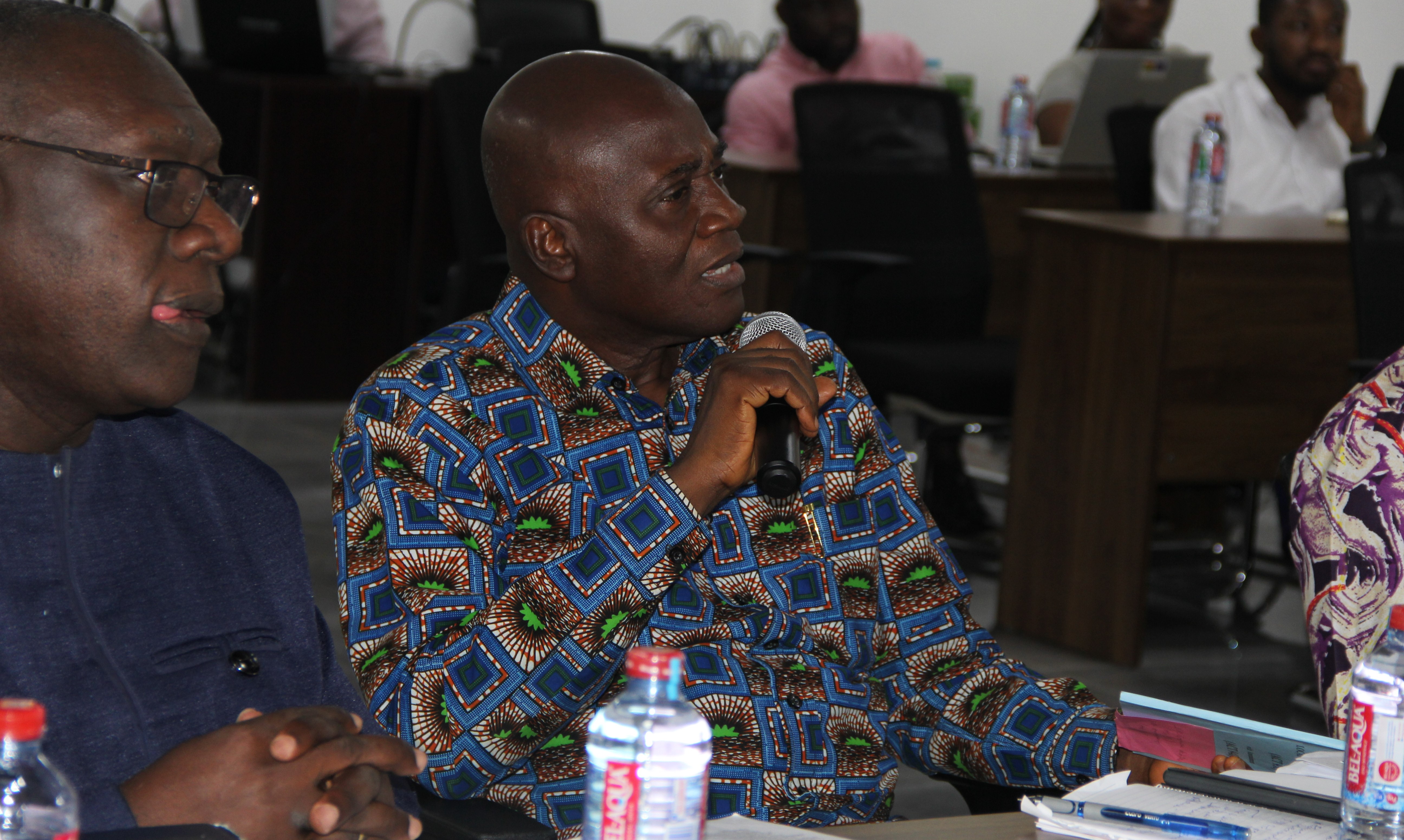Issues on coordination, monitoring, and supervision have been identified as challenges that hinder the smooth operations of service delivery at the local government level, thus the need for proper compliance and enforcement of the Local Government ACT 2016 (Act 936) by the Regional Coordinating Councils (RCCs).
This was in a presentation by the Head of Service at the Office of the Civil Service, Nana Agyekum Dwamena during a two-day joint meeting of the Councils of Local Government Service (LGS) and the Institute of Local Government Studies on human resource management and capacity-building responsibilities for effective local governance in Accra.
The Head of Service said the Local Government Act 2016 clearly defines the coordination role of the RCCs which is critical to decentralisation therefore services rendered by these technocrats at all levels should make meaning to the ordinary Ghanaian.
According to him, the ordinary Ghanaian blames the government in power when they do not feel the work of the public service staff, he, therefore charged them to support the government to realise development at the district level.
He acknowledged the challenges the RCCs face in their coordinating, monitoring, and supervisory role as well as compliance and enforcement, especially when it comes to independent bodies working within their regions. He encouraged them to get everyone in service delivery on board to fulfill the government’s agenda.
He called on the government to adequately structure and fund the RCCs to deliver on their mandates, saying that, there should be in place systems and processes for enforcement facilitation.
Nana Dwamena noted that continuous interference under the guise of monitoring and evaluation by the government could also hinder service delivery.
He identified some emerging issues as the lack of understanding of the decentralisation agenda and called for frequent engagements and interaction among assembly staff at the regional and district levels to enable them demand accountability from assembly staff.
The Head of Service advised the RCCs to conduct research into the effectiveness of coordination and come out with a manual to aid district assembly staff.
HONOURABLE MINISTER
The Minister for Local Government, Decentralisation and Rural Development, Hon. Daniel Botwe on his part noted that coordination, monitoring and supervision have been spelt out in Act 936 as the first function of the RCCs.
He urged the RCCs to play their monitoring role to ensure district assemblies utilise their resources and funds to reduce audit infractions.
LGS COUNCIL CHAIR
The Chairman for the Local Government Council, Dr. David W. Essaw the two Councils have taken note of some major policies that were brought to the fore during the two-day deliberations and pledged to work with the Land Use and Spatial Planning Authority (LUSPA), the National Development Planning Commission (NDPC) and the Inter-Ministerial Coordinating Committee (IMCC) on Decentralisation to enforce the policies.
He noted that the challenges in the health and education sectors when it comes to decentralisation is that, the two institutions are still not decentralised making it difficult for the RCCs to monitor and supervise their activities at the regional level.
He called for the need for some framework to work with, thus, the Councils would work towards the development of guidelines on coordination that would impact and improve upon the living conditions of the people.
Source: PUBLIC RELATIONS UNIT (MLGDRD)





